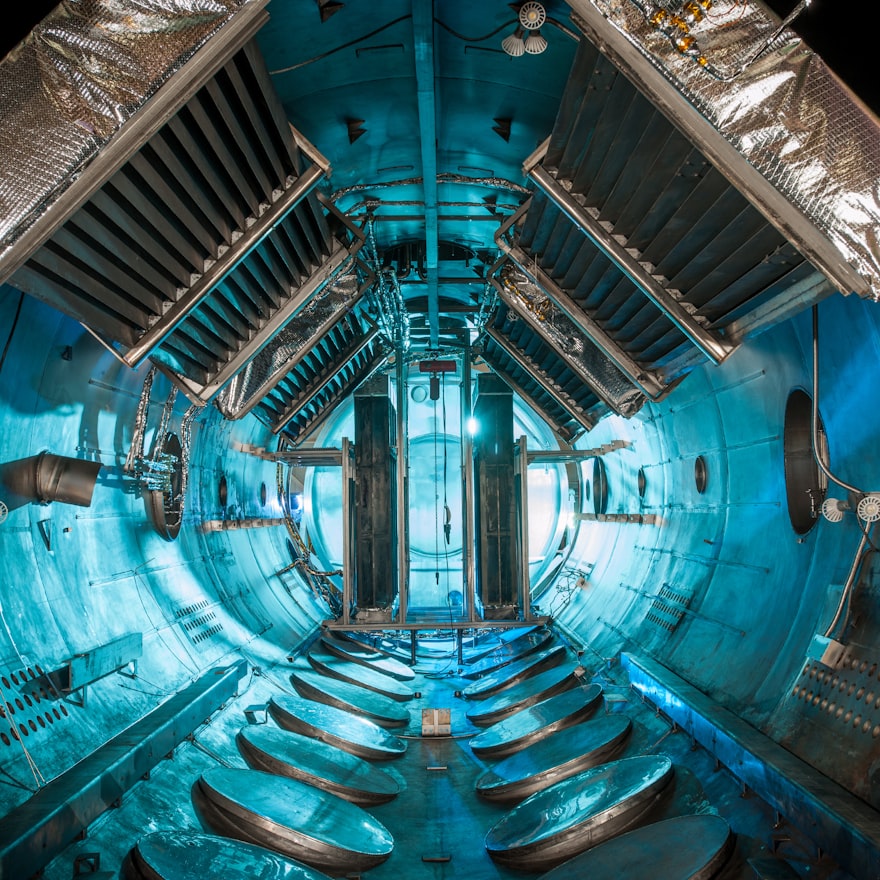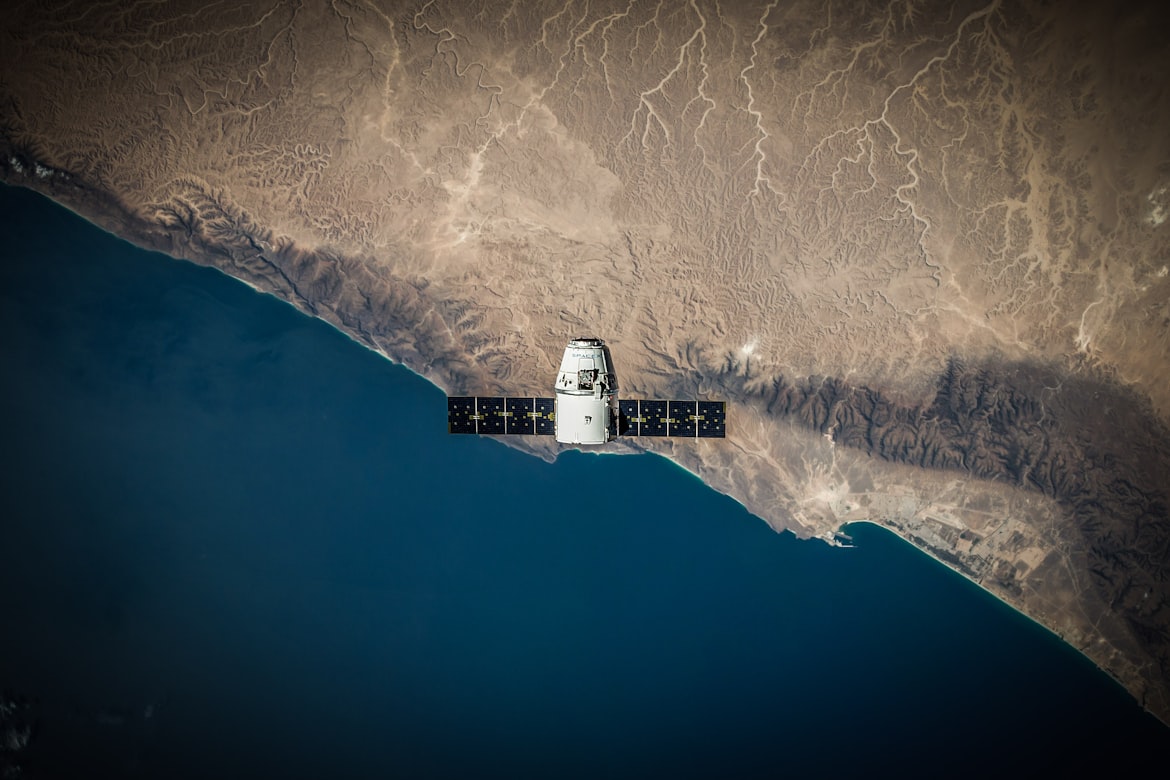Anyone who has been paying attention to the news in the last few years might have noticed many more rocket and satellite launches than before. One 2022 study found there were more rocket and satellite launches from January to June 2022 than in the preceding 54 years. All of these launches are made possible by different emerging technologies that pioneers are using to scale and upgrade their space operations. These technologies are made possible by the increased investment in startups in the space industry. In this article, we will focus on the most impressive and impactful trends and innovations in this space.

Smaller Satellites
The miniaturization of technology is a significant shift in the entire technology space. Computers that used to take up whole floors now sit on our desks as laptops. This miniaturization has also spread to the space industry, with improved technology and numerous advancements in the fields allowing private entities to build smaller satellites. These satellites are easier to design and cheaper to manufacture thanks to advancements enabling mass manufacture.
Startups are already developing smaller satellites that can do most of what larger satellites used to do while also picking up tasks and projects they typically struggle with. Because of the increasing demand for smaller satellites, there are massive opportunities for innovative entrepreneurs. If you manufacture small satellites, build new satellite technologies, or improve existing ones, you can partner with the Space Commerce Institute which helps businesses commercialize their space technology. The institute also helps companies to scale in the industry through various training programs.
Advanced Space Manufacturing
Space manufacturing is adopting innovative practices and processes that have become common in various industries. These include 3D printing and advanced robotics, but we can expect the industry to leverage new technologies in their manufacturing processes as they get developed.
These manufacturing processes have made manufacturing reusable launch vehicles, satellite sensors, space shuttles, and large space structures not only possible but also cheaper and faster. Automation has also become critical in the space industry as it is crucial for long-term space exploration missions. For this reason, many startups are developing automation solutions tailored for this industry.

Space Traffic Management
As we launch more satellites and objects into space, we have to start thinking about space traffic management, i.e., the management of space junk. Such junk includes thrusters, debris from explosions and collisions, and non-functioning satellites.
Various startups are already doing their part to help with this by developing technologies that help remove unresponsive satellites or small debris that would be difficult to locate and remove without innovative technologies.
Smart Propulsion Systems
Space missions have a significant environmental impact due to the fuel they use in their propulsion systems. To this end, we are seeing systems that use new propellants, fuels, and propulsion systems. Electric propulsion systems are already under testing, while materials like hydrogen sourced from splitting a water molecule and iodine are also being tested for smart propulsion systems.
As companies and organizations look to launch more satellites and take man into unexplored areas of space, companies are working on technologies that will make this easier and cheaper while ensuring they can manufacture what they need faster. With how fast technology advances, we will likely see another space race soon, but this time it will be about satellites and traveling further than ever before.









